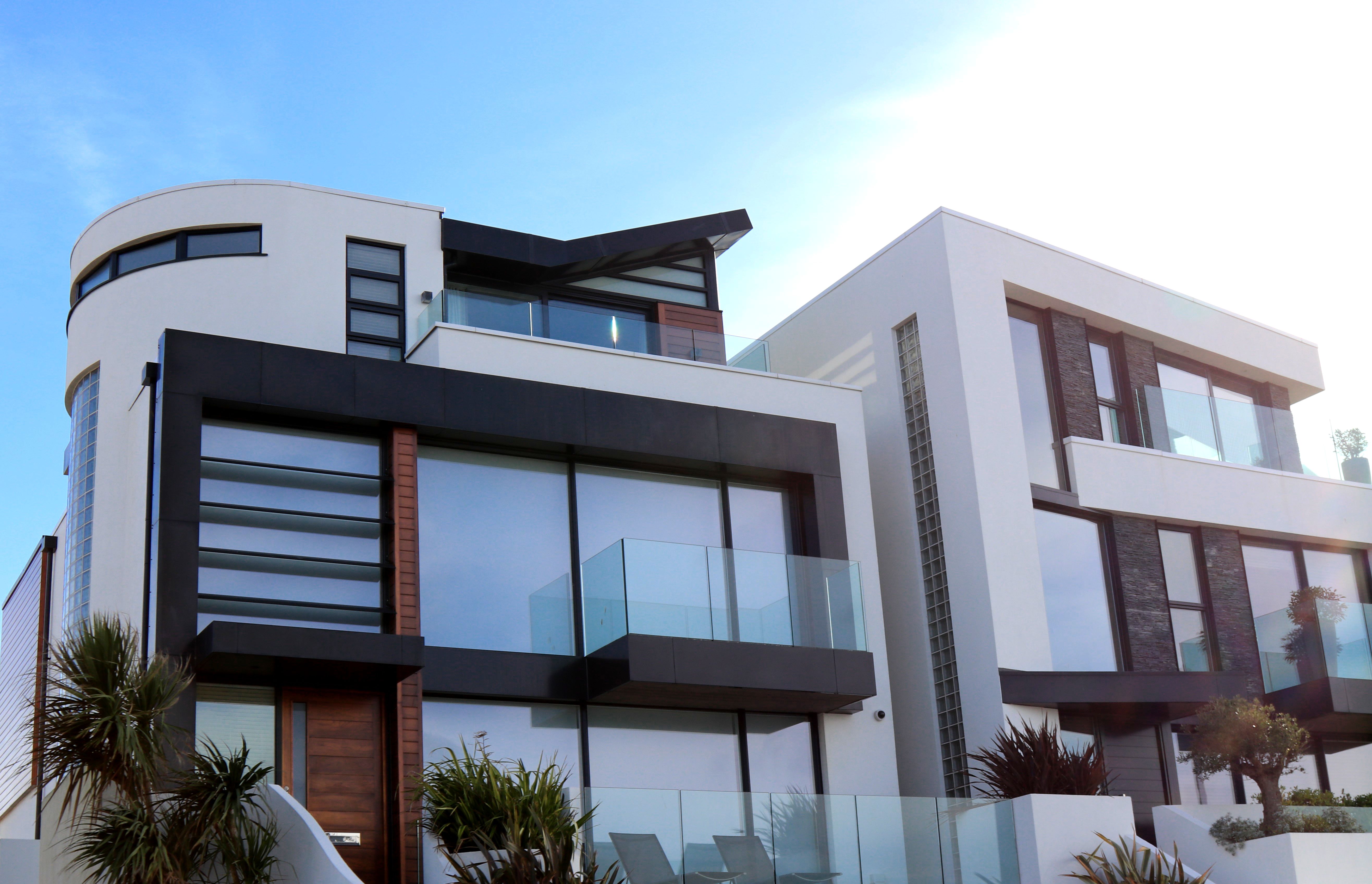
As Homes & Property recently discussed, house-hunters are increasingly seeking properties that are eco-friendly. From triple glazing to solar panels, there’s a growing focus on using homes to reduce their carbon footprint.
Architect and member of the ecobuild Steering Group, Lynne Sullivan OBE, warned that you can’t just rely on a good EPC rating: “You can have solar panels or renewable energy, but post-war houses typically lose most of their heat through their roofs, walls, and windows so fixing the fabric of the house first and ensuring you have good ventilation should be the priority.”
Sure, technology is certainly helping to improve current properties, but what if homeowners could build their own eco home, without the hassle of trying to find land and securing planning permission?
Mass Self-Build
That’s the aim of a pioneering project new project in Oxfordshire. Graven Hill is the UK’s largest mass custom self-build site, featuring 1,900 homes that are being designed by the homeowners.
As The Guardian puts it: “Graven Hill is the UK’s boldest experiment ever in self-build and custom build, enabling individuals to design inspiring homes on pre-prepared plots, limited only by their imagination and their budget.”
Situated on former Ministry of Defence land bought by the local council, the project enables buyers to select a plot – ranging from a two-bed “pocket” home to a six-bed detached – and then have their designs fast-tracked through the planning system.
Compared to regulations found at standard sites, all the homes at Graven Hill are required to comply with much stricter eco-standards.
While the demographic of the buyers may vary, it seems Graven Hill occupants are after the same features for their homes.
Craig Strachan, development director at Sylva, a design and build company involved at Graven Hill, told The Guardian: “Every single one is very modern. People like flat roofs, big glazed areas, modern construction materials and rendering and aluminium windows. They are also much less precious about the number of bedrooms.”
He notes that a nearby development has squeezed five bedrooms into the same space their buyers are using for three. “People want great design rather than adding more bedrooms for a supposed better resale value,” he added.
Could this be the future of housing?
The project has certainly piqued the interest of other councils, with many visiting the site to determine how they could expand the concept across the country. And, as costs reduce, what’s to stop smaller plots from popping up?
This ground-breaking scheme is certainly an exciting new option, providing homeowners with the freedom to choose, design and build their dream home, knowing it meets their environmental credentials. It could also transform the aesthetics of housing developments in the UK, creating interesting streets full of individuality, rather than lines of the same style.
Aluminium doesn’t just provide design flexibility, it’s also incredibly eco-friendly. To learn more about our systems, please get in touch with Veranti today.








